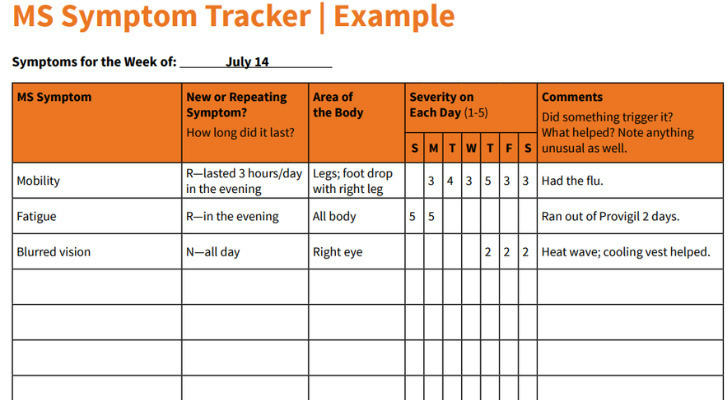Essential Guide to Multiple Sclerosis Medications in the U.S: Latest Treatments and Advances for 2025
Multiple sclerosis (MS) medications in the U.S. play a vital role in managing this complex disease. With advancements as of 2025, various options are available, including disease-modifying therapies (DMTs) and symptomatic treatments tailored to individual needs. Common MS medications like Avonex, Rebif, and Gilenya help slow disease progression and alleviate specific symptoms such as pain and fatigue. It is essential for patients to consult healthcare providers to determine the most effective multiple sclerosis

Multiple sclerosis (MS) is a chronic disease that affects the central nervous system, leading to varying symptoms and disabilities. A range of multiple sclerosis medications are available in the United States to help manage the condition, each with its own specific indications, benefits, and side effects. As of 2025, advancements in pharmacological research continue to introduce new treatment options for those affected.
Types of Multiple Sclerosis Medications
There are several categories of ms medications, which may include:
1. Disease-Modifying Therapies (DMTs)
DMTs are crucial for slowing the progression of MS. These include:
✅ Interferons: Commonly prescribed agents, such as Avonex and Rebif.
✅ Glatiramer acetate: Brand names include Copaxone and Glatopa.
✅ Oral medications for MS: These encompass drugs like Gilenya and Aubagio.
✅ New MS drugs: Recent entries into the market include Ocrevus and Mayzent.
2. Symptomatic Treatments
These medications focus on relief from specific symptoms of MS, such as fatigue, muscle spasms, and pain. Some often-used symptomatic treatments include:
✅ Baclofen: For muscle spasticity.
✅ Amantadine: For fatigue management.
✅ Gabapentin: Often used for nerve pain relief.
How Effective Are MS Drugs?
Effectiveness varies among individuals and depends on the type of therapy used. Clinical studies have shown that many top MS drugs significantly reduce relapse rates and slow disability progression in clinical trials. Evaluating which multiple sclerosis drug of choice suits an individual best often requires thorough discussions between patients and healthcare providers.
Considerations for MS Medications
It is important to recognize that some medications can exacerbate multiple sclerosis symptoms. Some medications have been reported to worsen MS symptoms in certain people — examples include some anti-seizure drugs and fluoroquinolone antibiotics; patients should consult their healthcare providers before starting any new medication. It is critical for patients to consult with their doctors regarding treatment medications to avoid such complications.
Accessing MS Medications
Various resources in the U.S. provide information on affordability and grants for all MS medications. Patients can explore programs like the National MS Society’s Financial Assistance Program for guidance.
MS Medications List
Below is a brief compilation of common ms medication list items you might encounter:
1️⃣ Avonex
2️⃣ Rebif
3️⃣ Copaxone
4️⃣ Gilenya
5️⃣ Ocrevus
6️⃣ Mayzent
7️⃣ Aubagio
Recent Advances in Treatment
The search for a new treatment for multiple sclerosis continues, with ongoing research into advanced therapies and more precise medications to alleviate symptoms and improve quality of life for patients.
Conclusion
In summary, the landscape of ms medications in the U.S. is diverse and evolving. Patients are encouraged to stay informed about the latest options and work closely with their healthcare providers to identify the best management strategies tailored to their specific needs.
